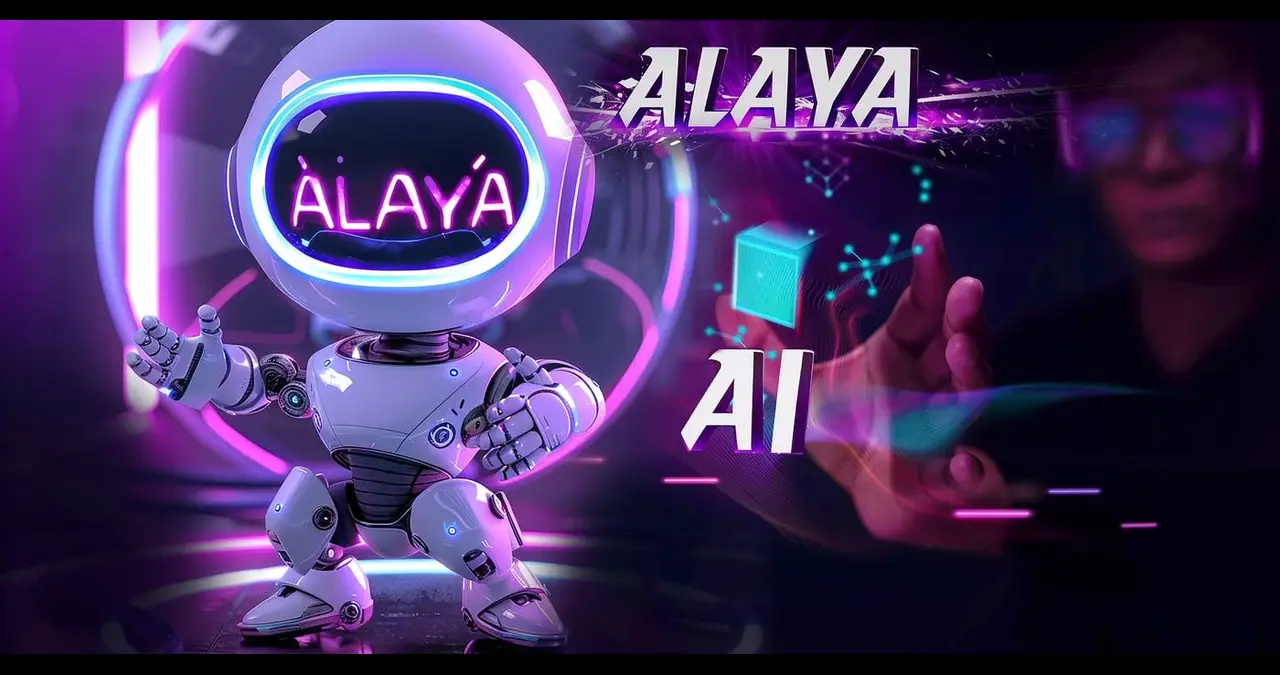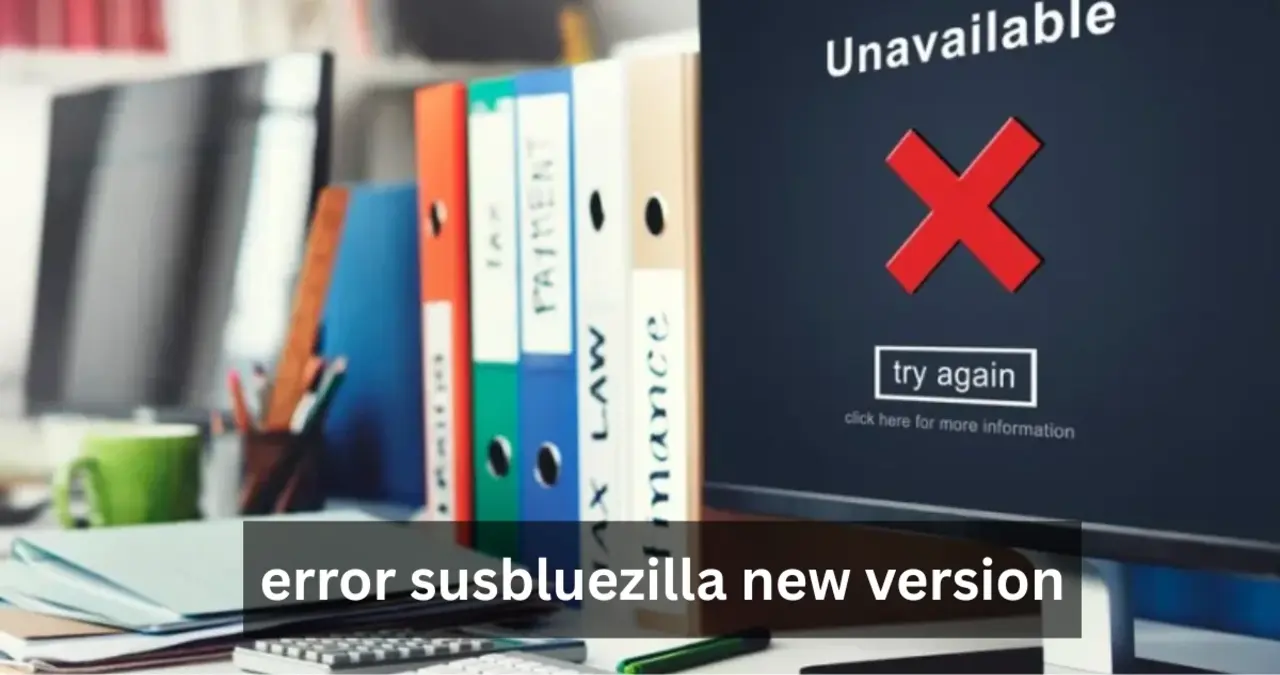Alaya AI In the ever-evolving landscape of artificial intelligence, the need for high-quality, diverse, and ethically sourced data has never been more critical. Traditional methods of data collection and labeling often fall short of meeting these demands, leading to biases and inefficiencies in AI models. Enter Alaya AI, a groundbreaking platform that is redefining how AI data is sourced, labeled, and utilized. By integrating blockchain technology and Web3 principles, the offers a decentralized, transparent, and incentivized approach to AI data management.
What is Alaya AI?
Alaya AI is a decentralized platform designed to facilitate the collection, annotation, and utilization of AI training data. Unlike conventional centralized systems, Alaya AI leverages blockchain technology to ensure data integrity, transparency, and user ownership. The platform operates on a Web3 infrastructure, allowing users to contribute data, validate annotations, and participate in AI model training while earning rewards in the form of digital assets.
At its core, Alaya AI aims to democratize AI development by providing a scalable and secure environment where individuals and organizations can collaborate to create high-quality datasets. This approach not only enhances the accuracy and fairness of AI models but also empowers users to have a stake in the AI ecosystem.
The Role of Blockchain in Alaya AI
Blockchain technology plays a pivotal role in the architecture. By utilizing a decentralized ledger, the platform ensures that all data transactions are secure, transparent, and immutable. This means that once data is contributed or annotated, it is permanently recorded, providing an auditable trail that guarantees data provenance and integrity.
Moreover, blockchain integration facilitates the creation of Non-Fungible Tokens (NFTs) that represent unique data contributions. These NFTs serve as digital credentials, allowing users to showcase their contributions and expertise within the Alaya AI ecosystem. This not only incentivizes participation but also fosters a sense of community and recognition among contributors.
Web3 and Decentralized Data Ecosystem
Alaya AI’s adoption of Web3 principles further enhances its decentralized nature. Web3 enables peer-to-peer interactions without the need for intermediaries, allowing users to directly engage with the platform and each other. This decentralized approach eliminates single points of failure and reduces the risk of data manipulation or censorship.
Through smart contracts and decentralized applications (dApps), Alaya AI automates various processes, such as data validation and reward distribution. This automation ensures efficiency and fairness, as decisions are made based on predefined rules encoded in the blockchain.
Gamification and Incentivization
To encourage active participation and high-quality contributions, Alaya AI incorporates gamification elements into its platform. Users can engage in tasks such as data labeling, validation, and model training, earning rewards in the form of Alaya AI tokens or NFTs. These incentives not only make the process more engaging but also provide tangible benefits for users’ contributions.
The gamified experience includes features like leaderboards, achievement badges, and progression levels, motivating users to continually improve their skills and contribute more effectively. This approach transforms the often tedious task of data annotation into an interactive and rewarding experience.
Privacy and Data Ownership
In the digital age, concerns about data privacy and ownership are paramount. Alaya AI addresses these concerns by ensuring that users retain full ownership of their data contributions. The platform’s blockchain-based infrastructure allows users to control how their data is used, granting permissions and access as they see fit.
Additionally, Alaya AI employs zero-knowledge encryption techniques to protect user data during transmission and storage. This means that even the platform itself cannot access or view the content of users’ data, ensuring complete privacy and confidentiality.

Swarm Intelligence and Data Quality
Alaya AI harnesses the concept of swarm intelligence to enhance the quality of its datasets. By aggregating contributions from a diverse pool of users, the platform ensures that data is representative, unbiased, and comprehensive. This collective intelligence approach allows for the creation of high-quality datasets that are crucial for training accurate and fair AI models.
The platform’s intelligent optimization algorithms identify suitable data contributors for each task, ensuring that the right expertise is applied to the right data. This targeted approach improves the efficiency and effectiveness of data collection and labeling processes.
Community Governance and DAO
Alaya AI empowers its community through a Decentralized Autonomous Organization (DAO). This governance model allows users to participate in decision-making processes, such as platform upgrades, reward structures, and policy changes. By giving users a voice, Alaya AI fosters a collaborative and transparent environment where all stakeholders have a say in the platform’s direction.
The DAO operates through a token-based voting system, where users can propose and vote on initiatives using their Alaya AI tokens. This decentralized governance ensures that the platform evolves in a way that reflects the collective interests and values of its community.
Applications Across Industries
The versatility of Alaya AI makes it applicable across various industries that rely on AI and machine learning. Some notable applications include:
- Healthcare: Alaya AI can facilitate the creation of medical datasets for training diagnostic models, ensuring data diversity and accuracy.
- Finance: The platform can be used to generate financial datasets for algorithmic trading and risk assessment models.
- Autonomous Vehicles: Alaya AI can provide annotated driving data for training self-driving car systems, enhancing safety and reliability.
- Retail: The platform can assist in generating customer behavior datasets for personalized marketing and inventory management.
By providing high-quality, diverse, and ethically sourced data, Alaya AI supports the development of AI models that are more accurate, fair, and applicable across various sectors.
Future Prospects and Developments
Looking ahead, Alaya AI plans to expand its platform’s capabilities and reach. Future developments include:
- Integration with Additional Blockchains: To enhance scalability and interoperability, Alaya AI aims to integrate with other blockchain networks beyond its current infrastructure.
- Advanced AI Tools: The platform plans to introduce advanced AI tools for data analysis, model training, and performance evaluation, providing users with a comprehensive suite of resources.
- Global Expansion: Alaya AI seeks to expand its user base and data sources globally, ensuring that its datasets are representative of diverse populations and geographies.
- Partnerships and Collaborations: The platform aims to establish partnerships with academic institutions, research organizations, and industry leaders to advance AI research and development.
Conclusion
Alaya AI represents a significant step forward in the evolution of AI data management. By integrating blockchain technology, Web3 principles, and gamification, the platform offers a decentralized, transparent, and incentivized approach to data collection and labeling. Its focus on privacy, data ownership, and community governance sets it apart from traditional AI data platforms.
As AI continues to permeate various aspects of our lives, the need for high-quality, diverse, and ethically sourced data will only grow. Alaya AI is poised to meet this demand, empowering individuals and organizations to contribute to the development of fair and accurate AI models. Through its innovative approach, Alaya AI is not just transforming how we collect and use data but also how we think about the future of AI.



